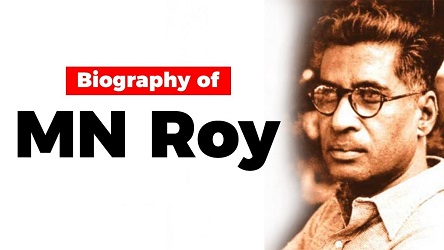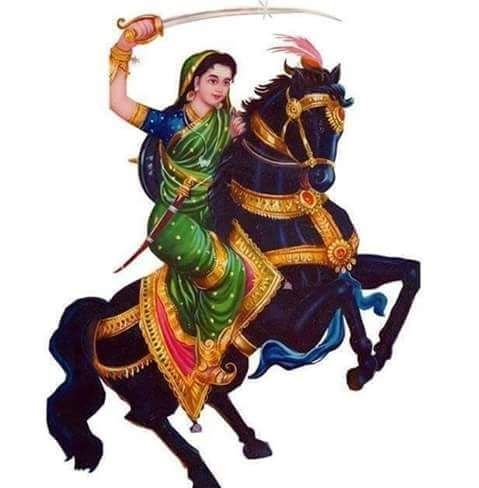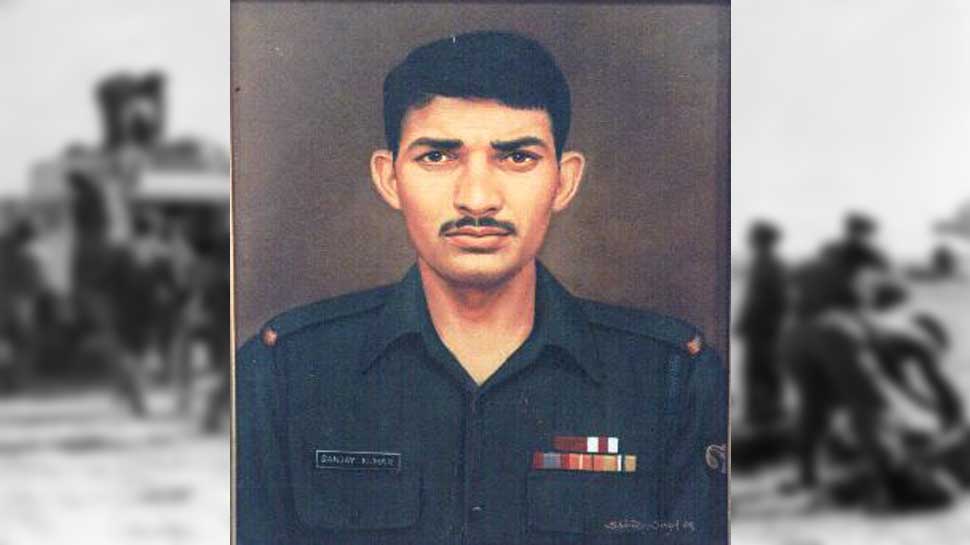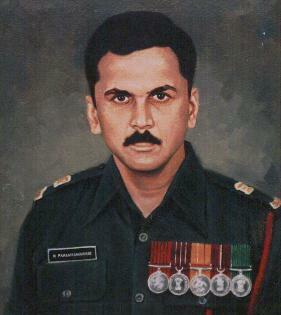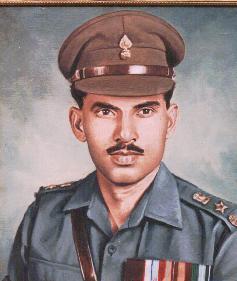Captain Vikram Batra, PVC (PVC – Param Vir Chakra, India’s highest military decoration) was a legendary Indian Army officer whose bravery and leadership during the Kargil War of 1999 have left an indelible mark on the annals of Indian military history. His heroic actions and sacrifice exemplify the valor and dedication of Indian soldiers in defending their nation’s sovereignty. In this essay, we will delve into the life of Captain Vikram Batra and his significant role in the Kargil War.
Early Life and Education
Vikram Batra was born on September 9, 1974, in Palampur, Himachal Pradesh, India, to Girdhari Lal Batra and Kamal Kanta Batra. He hailed from a modest background and was known for his cheerful demeanor and leadership qualities from a young age. He completed his schooling at D.A.V. Public School in Palampur and later pursued a Bachelor of Arts degree from Government College in Chandigarh. Driven by a sense of patriotism and a desire to serve his country, Vikram Batra joined the Indian Military Academy (IMA) in Dehradun in 1996, where he excelled as a cadet and graduated with flying colors.
Military Career
Commissioned into the Indian Army’s 13th Battalion of the Jammu and Kashmir Rifles (13 JAK RIF), Captain Vikram Batra quickly established himself as a brave and dedicated officer. His unit was deployed in the rugged terrain of Jammu and Kashmir, where they faced constant threats from insurgents and terrorist organizations. It was during this time that the Kargil War erupted in 1999, marking a significant turning point in Captain Batra’s military career.
Kargil War and Heroic Exploits
The Kargil War, also known as the Kargil conflict, was a limited war fought between India and Pakistan from May to July 1999 in the Kargil district of Jammu and Kashmir. Pakistani soldiers and militants had infiltrated into Indian territory and occupied strategic positions along the Line of Control (LoC), posing a grave threat to Indian security.
Captain Vikram Batra’s defining moment came during the Kargil War when he led his troops in the crucial Battle of Point 4875, also known as the “Point 4875, Tiger Hill” battle. This strategic peak, located at an altitude of 16,000 feet, was heavily fortified by Pakistani forces and presented a formidable challenge to the Indian Army. Undeterred by the treacherous terrain and enemy fire, Captain Batra displayed exemplary courage and tactical acumen during the assault on Point 4875.
During the battle, Captain Batra and his Delta Company were tasked with scaling the steep cliffs to reach the enemy’s positions. Braving intense enemy fire and adverse weather conditions, Captain Batra and his men successfully reached the top, engaging the enemy in fierce hand-to-hand combat. It was during this intense fighting that Captain Batra famously radioed his commanding officer with the now-immortal words, “Yeh dil maange more!” (This heart craves more!), indicating his determination to press on and achieve victory.
Captain Vikram Batra’s leadership and valor inspired his comrades to push forward, leading to the eventual recapture of Point 4875 from Pakistani control. His decisive actions and selfless bravery turned the tide of the battle and boosted the morale of Indian forces engaged in the Kargil sector. The successful capture of strategic heights such as Point 4875 and Tiger Hill played a crucial role in India’s overall victory in the Kargil War.
Param Vir Chakra (PVC) and Legacy
For his extraordinary bravery and leadership in the face of enemy fire, Captain Vikram Batra was posthumously awarded the Param Vir Chakra, India’s highest military decoration. The citation for his PVC reads, “For his sustained display of the most conspicuous personal bravery and leadership of the highest order in the face of the enemy, Captain Vikram Batra was awarded the Param Vir Chakra, India’s highest award for gallantry, posthumously.”
Captain Vikram Batra’s selfless sacrifice and indomitable spirit continue to inspire generations of Indians, especially aspiring military personnel. His story has been immortalized in books, documentaries, and films, including the critically acclaimed Bollywood movie “Shershaah,” which chronicles his life and heroic exploits during the Kargil War. The legacy of Captain Vikram Batra serves as a shining example of courage, dedication, and patriotism, embodying the ethos of the Indian Armed Forces.
Conclusion
In conclusion, Captain Vikram Batra’s role in the Kargil War of 1999 stands as a testament to his unmatched bravery, leadership, and sacrifice. His actions epitomize the valor and determination of Indian soldiers who defend the nation’s borders with unwavering courage. Through his heroic exploits and ultimate sacrifice, Captain Batra has etched his name in the annals of Indian military history as a true hero and a source of inspiration for future generations. His legacy continues to inspire patriotism and pride in every Indian heart, honoring the spirit of service and sacrifice that defines the Indian Armed Forces.


